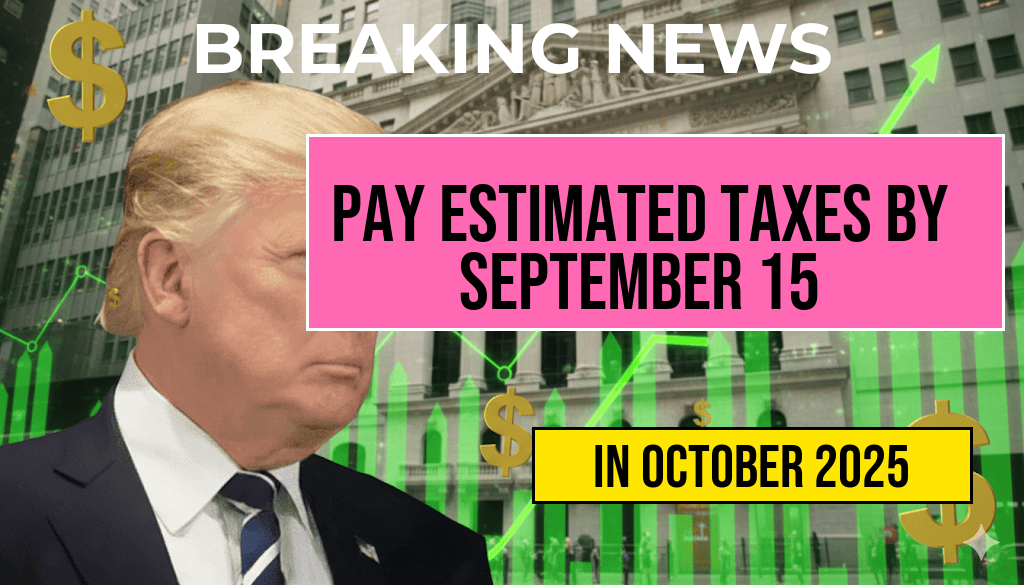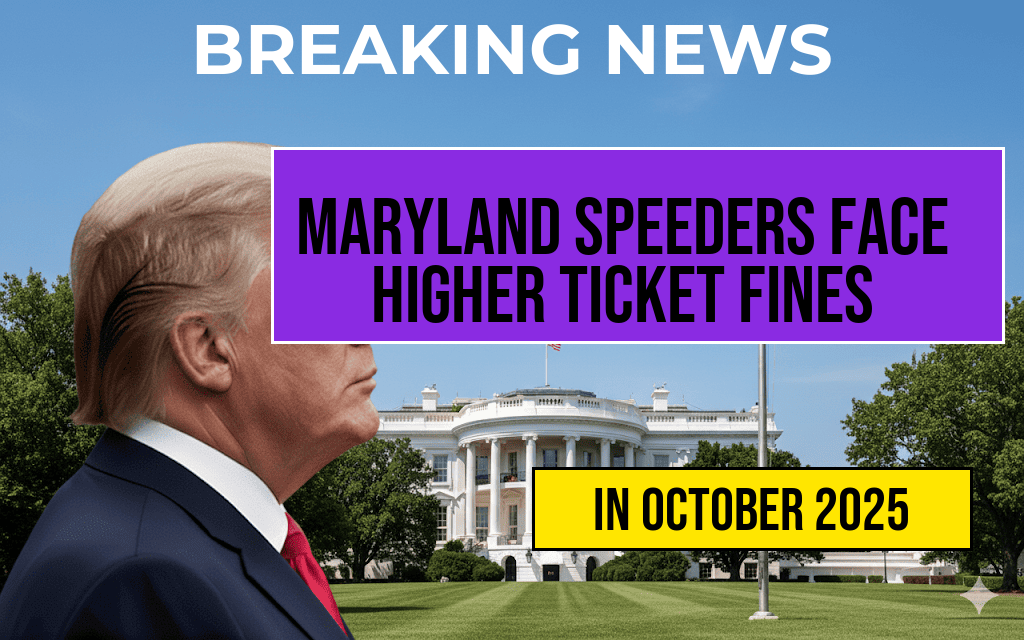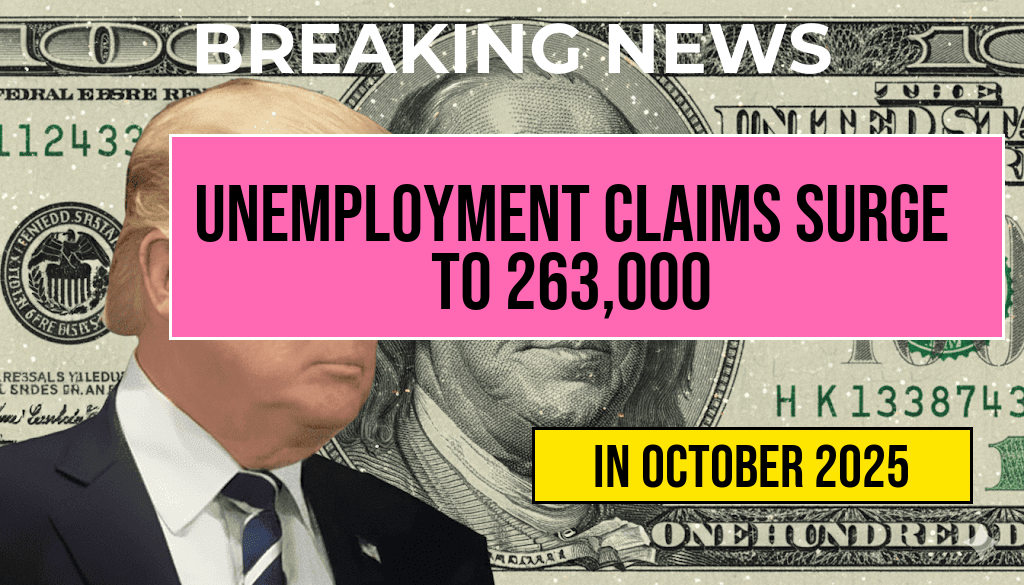The District of Columbia is grappling with a significant budget shortfall of $1 billion, prompting city officials to explore various solutions to address the financial gap. Among these proposals is a controversial reversal of the tip credit system, which allows employers to pay tipped workers a lower minimum wage than non-tipped employees. This potential shift could have far-reaching implications for the city’s minimum wage for tipped employees, currently set at $10. The tip credit reversal aims to stabilize the city’s finances while also raising wages for some of its most vulnerable workers. As debates unfold, stakeholders from various sectors, including hospitality and labor unions, are weighing in on the potential impacts of such a change.
Understanding the Budget Challenges
The $1 billion budget deficit is attributed to several factors, including rising costs in public services, inflation, and revenue shortfalls exacerbated by the COVID-19 pandemic. D.C. Mayor Muriel Bowser has emphasized the need for sustainable fiscal policies to ensure the city can continue to provide essential services without overburdening residents with excessive taxes.
What is the Tip Credit?
The tip credit system allows employers in the hospitality industry to pay tipped employees a lower wage, provided that the total earnings—base pay plus tips—meet or exceed the standard minimum wage. The current rate for tipped workers in D.C. is $10, significantly lower than the standard minimum wage of $16.10. Proponents of the tip credit argue that it incentivizes employers to hire more staff while allowing workers to earn more through tips.
Proposed Reversal of the Tip Credit
As part of the budget discussions, the D.C. Council is considering a proposal to eliminate the tip credit, which would require employers to pay tipped workers the full minimum wage without the offset from tips. This move aims to provide greater financial stability for tipped workers, many of whom have reported fluctuating incomes, especially during economic downturns.
Implications for Tipped Workers
- Potential Wage Increases: If the tip credit is reversed, tipped employees could see their base wages increase, providing them with more predictable incomes.
- Impact on Employers: Restaurants and other businesses that rely heavily on tipping may face increased labor costs, which could lead to higher menu prices or reductions in staff.
- Consumer Behavior: With potential price increases, consumer spending patterns may shift, impacting the overall economy of D.C.
Stakeholder Reactions
Reactions to the proposed reversal of the tip credit have been mixed. Labor unions representing service workers have praised the plan as a necessary step towards economic equity. They argue that tipped workers, who are predominantly women and people of color, have been disproportionately affected by the economic impacts of the pandemic.
Conversely, many restaurant owners and industry advocates warn that eliminating the tip credit could jeopardize jobs and reduce the overall number of establishments willing to operate in D.C. They contend that the existing system encourages customer service excellence, as employees are motivated to provide superior service to earn tips.
Looking Forward
The D.C. Council is expected to hold a series of hearings to assess the implications of the tip credit reversal before making a final decision. As the discussions progress, residents and businesses alike will be watching closely, understanding that the outcomes could reshape the landscape of the hospitality industry in the nation’s capital.
In the meantime, budget experts and economists will be analyzing potential alternatives to closing the budget gap. These may include adjustments to existing taxes, exploring new revenue sources, or making cuts to public services. The outcome of these deliberations will undoubtedly set the tone for D.C.’s fiscal health and workforce policies moving forward.
Conclusion
The proposed reversal of the tip credit in response to D.C.’s $1 billion budget deficit represents a pivotal moment for the city. As stakeholders engage in discussions about the future of tipped wages, the balance between fair worker compensation and the economic realities faced by employers will be at the forefront of the debate.
For further information on the budget gap and the tip credit system, you can visit Wikipedia or read more on Forbes.
Frequently Asked Questions
What is the current budget deficit facing DC?
The DC budget is facing a significant $1 billion gap, prompting discussions on various solutions to address the shortfall.
What is the proposed solution to the budget gap?
A proposal has been made to reverse the tip-credit system as a potential solution to help mitigate the budget deficit, particularly affecting the $10 tipped wage.
How does the tip-credit reversal impact workers?
The reversal of the tip-credit could lead to increased wages for tipped workers, as it would eliminate the lower wage rate that employers currently pay, potentially raising their overall earnings.
What are the implications for the restaurant industry?
The proposed changes to the tip-credit system may have significant implications for the restaurant industry, including potential increases in labor costs and adjustments in pricing strategies to maintain profitability.
When will the decision regarding the tip-credit reversal be made?
While discussions are ongoing, a definitive timeline for the decision on the tip-credit reversal and its implications for the $10 tipped wage has yet to be established, but it is expected to be addressed in upcoming budget meetings.











